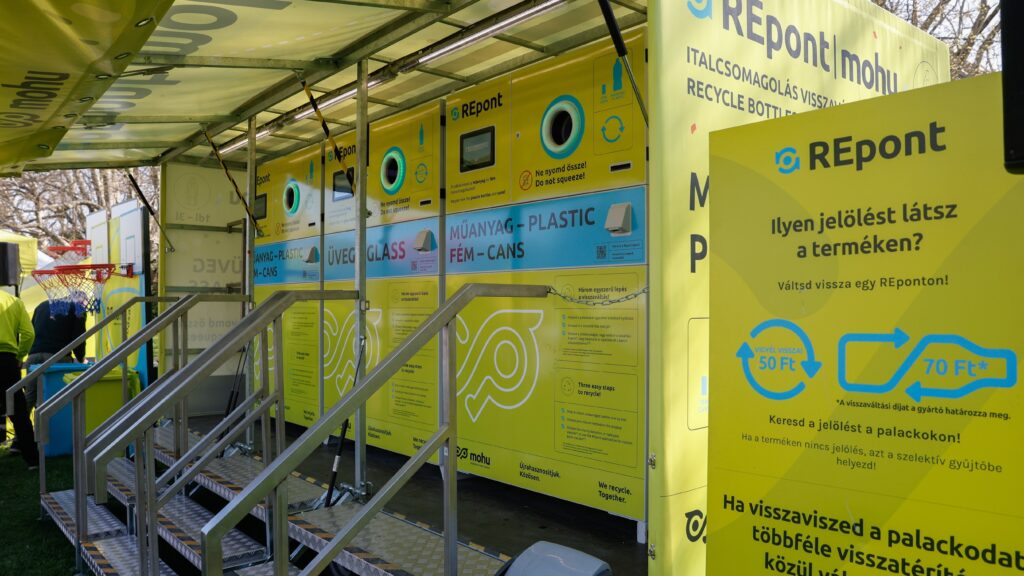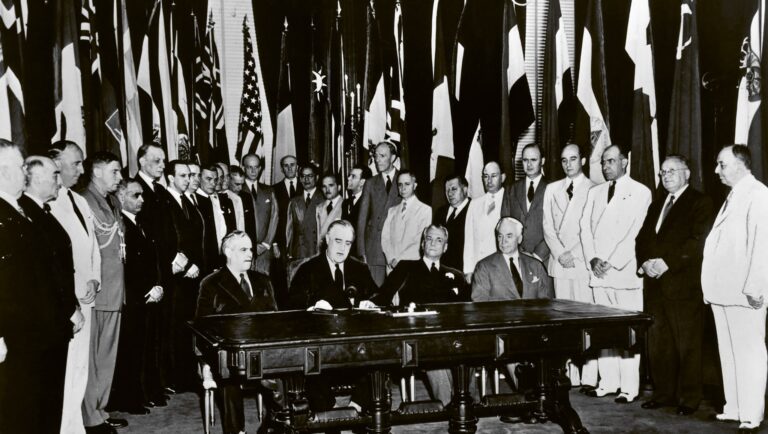The tax authority has succeeded in achieving renewal and a change in mindset, stated Minister of Finance Mihály Varga on Thursday at a professional conference in Budapest.
Speaking at the National Tax Consultation event organized by the National Tax and Customs Administration (NAV), the minister emphasized the resolute continuation of economic whitening. In the future, the government aims for collaboration, seeking local solutions in tax policy, and preserving sovereignty in the international environment.
With the change in the tax authority’s mindset, NAV has succeeded in becoming a customer-friendly office., Mihály Varga declared. He highlighted that NAV has fulfilled the task of renewal, evident in the significant improvement in its public perception since 2010. It is important that as a result of the work of NAV, tax morale improves, and
people understand that if everyone fulfils their obligations, there is room for tax reduction,
Varga reminded.
He recalled that in the early 2000s, tax policy focused on tax increases and tightening, but since 2010, the government has aimed for tax reduction, focusing on the creation of a labour-based economy. Over the past 13 years, the goal has been to avoid raising taxes whenever possible, and instead of immediate penalties, NAV issues warnings and cooperates with taxpayers, he added.
Varga announced the continuation of the whitening of the economy. The VAT gap (the difference between collectable and collected VAT) has been significantly reduced since 2010, reaching 4.4 per cent in 2021, making it one of the best results within the EU for the decade. This result allowed the halving of personal income tax, facilitated a reduction in social security contributions, and lowered the VAT on basic foodstuffs to five per cent. The minister outlined plans for further IT developments, highlighting the introduction of the online cash register system and the automation of individual tax returns. The aim is for data-based operation to become a standard practice, making controls more targeted and further contributing to the whitening of the economy, Varga emphasized.
President of NAV Ferenc Vágujhelyi in his presentation titled ‘Urgent Paradigm Shift – Farewell to Declarations!’ highlighted the need to transform economic thinking so that it is in line with information technology developments. Regarding the online invoicing system, he pointed out the necessity for detailed, transaction-level data reporting.
The establishment of electronic payroll accounting is underway, promising greater transparency, personal data sovereignty, and a more robust social security system, he explained. A proposal has been made for a new type of control, which will be data reconciliation, and NAV is examining the need for this based on control experiences. He also mentioned that
the system of digital citizenship (e-ID) will greatly facilitate communication with taxpayers,
and work is underway on making that happen as well.
State Secretary for Tax Affairs Norbert Izer discussed the future of tax policy, stating that since 2010, there has been a long-term, predictable reduction in taxes and the introduction of the eSZJA (electronic income tax declaration) system. The guiding principles of tax policy continue to be fewer taxes, tax reduction, simplification, the creation of a competitive system, and the establishment of a partnership relationship with taxpayers. The focal point of the tax system has shifted from taxes on labour towards consumption taxes, and the government is committed to continuing this trend, he noted. Increasing Hungarian competitiveness is the most important priority in the tax system, with key elements being the flat rate personal income tax, the nine per cent corporate tax, generous investment incentives, R&D and copyright benefits, and no source tax, the state secretary stated.
Related articles:








